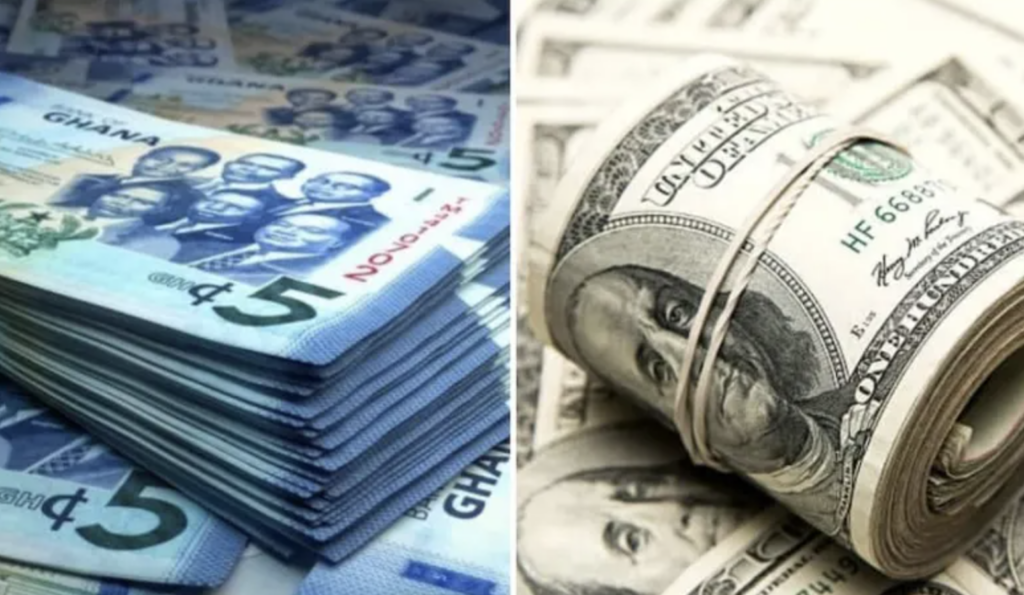The currency of this country, the cedi, has shown remarkable signs of appreciation in recent weeks, strengthening from over GHS¢15.00 to approximately GHS¢13.29 per US dollar as of early May 2025.
This positive trend reflects coordinated efforts, including tight monetary policy by the Bank of Ghana, fiscal discipline by the Ministry of Finance, and increased forex inflows from exports and development partners. Notably, Ghana Goldbod has supported these gains through strategic gold exports, helping to boost the supply of foreign exchange.
Amid this progress, a widely circulated video showing a senior public official handing over US dollars to a private individual has sparked national discussion. While the act may have been intended as a private gesture, it raises broader questions about the informal handling of foreign exchange, especially during a period of monetary tightening and forex conservation.
From an economic policy standpoint, the visible circulation of foreign currency outside regulated financial channels risks undermining recent gains. When public figures are seen accessing and disbursing forex in non-transparent contexts, it contributes to a perception of leakage — where hard currency bypasses the formal banking system. This can erode efforts to build reserves, dampen the effectiveness of central bank interventions, and, in the long term, weaken the sustainability of the cedi’s appreciation.
Moreover, exchange rate stability is not only a function of market fundamentals but also of public confidence and behavioural expectations. Foreign investors, businesses, and the domestic public all respond to signals about how state actors manage forex resources. Perceived inconsistencies — particularly among those tasked with economic stewardship — can introduce uncertainty, reduce investor confidence, and elevate speculative pressures.
It is essential, therefore, to align public conduct with economic policy goals. Strengthening foreign exchange discipline, especially among public officials, reinforces the credibility of fiscal and monetary policy. It also ensures that the current appreciation of the cedi is not only maintained but extended in a sustainable manner.
While one act alone will not crash the currency, repeated incidents like this create an environment where the cedi becomes more vulnerable to depreciation.
DISCLAIMER: The Views, Comments, Opinions, Contributions and Statements made by Readers and Contributors on this platform do not necessarily represent the views or policy of Multimedia Group Limited.
DISCLAIMER: The Views, Comments, Opinions, Contributions and Statements made by Readers and Contributors on this platform do not necessarily represent the views or policy of Multimedia Group Limited.


